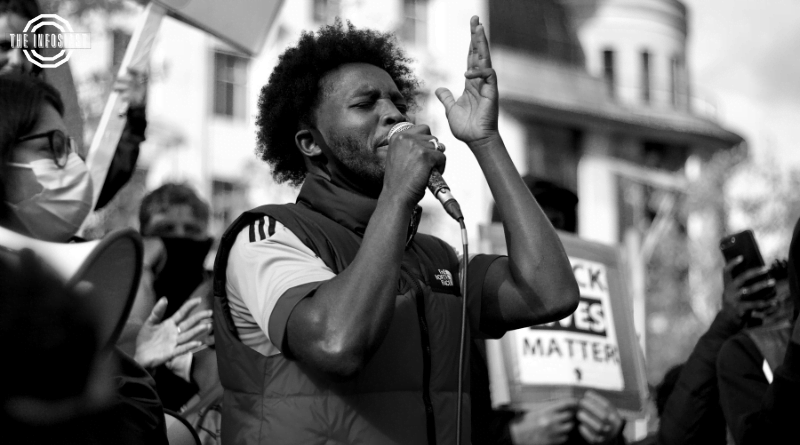
Prejudice, a deeply rooted bias against individuals or groups based on their perceived characteristics, is a significant social issue that hinders progress towards a more inclusive world. Recognizing and addressing prejudice is essential for fostering empathy, understanding, and harmonious coexistence. In this comprehensive article, we will explore the concept of prejudice, its impact on individuals and society, and practical solutions to combat bias and promote inclusivity.
Understanding Prejudice:
Prejudice is an irrational and negative attitude towards individuals or groups, often stemming from stereotypes and preconceived notions. It can be based on factors such as race, ethnicity, gender, religion, or socioeconomic status.
The Impact of Prejudice:
Prejudice can lead to discrimination, exclusion, and social division. It perpetuates inequality and hampers the full potential of individuals and communities.
Examining Unconscious Bias:
Unconscious bias refers to subtle and automatic prejudices that influence our decision-making without our awareness. Acknowledging and addressing unconscious bias is critical for creating a more just and inclusive society.
The Power of Empathy:
Empathy is a powerful antidote to prejudice. By putting ourselves in others’ shoes and understanding their experiences, we can break down barriers and foster compassion.
Challenging Stereotypes:
Challenging stereotypes and misconceptions is essential for combating prejudice. Promoting positive representations and diverse narratives can help dispel harmful beliefs.
Educating for Inclusivity:
Incorporating diversity and inclusivity education in schools, workplaces, and communities can promote understanding and acceptance.
Promoting Intergroup Contact:
Encouraging positive interactions between diverse groups can lead to increased understanding and reduced prejudice.
Media and Prejudice:
Media plays a significant role in shaping public perception. Encouraging responsible and diverse media representation can challenge harmful stereotypes.
Building Inclusive Communities:
Creating inclusive spaces where individuals from diverse backgrounds feel welcome and valued is crucial for fostering harmony and coexistence.
Allyship and Advocacy:
Standing up against prejudice and being an ally to marginalized groups can lead to meaningful change and collective progress.
Prejudice is a barrier to social harmony and inclusivity. By recognizing and addressing our biases, promoting empathy, and challenging stereotypes, we can work towards a more equitable and understanding society. Education, media representation, and positive intergroup contact are powerful tools in dismantling prejudice. Together, let us embrace diversity, advocate for inclusivity, and create a world where every individual is treated with respect, dignity, and equality, regardless of their background or identity.



